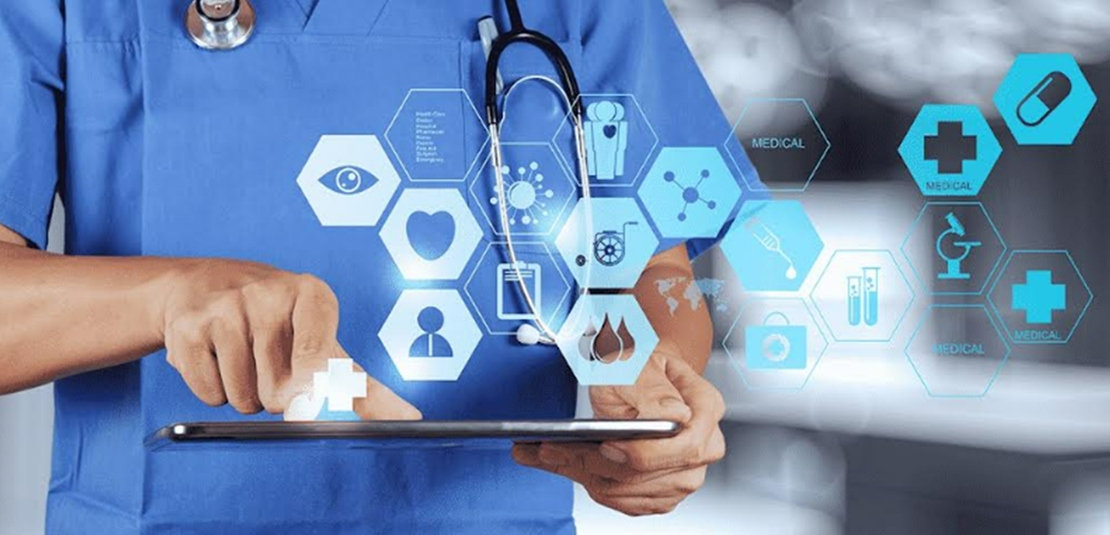

To provide better treatment to patients, the healthcare sector, labs, clinics, or hospitals, employs a wide range of specialized equipment, devices, and pharmaceuticals. The availability of medical professionals and health care technologies are both important for successful healthcare delivery services. Medical devices play a vital role in the delivery of healthcare. They give health-care providers the tools they need to do their jobs successfully and provide high-quality treatment.
Over the past decade, the Indian healthcare industry has expanded significantly. But our health care system is challenged by a lack of quality healthcare services that are not easily accessible and affordable. Hospital Equipment Manufacturers in India falls behind the other developing nations in this field. While technological breakthroughs have stretched to practically every stage of the health system, and Medical Equipment Manufacturers in India have also automated their product development and manufacturing processes but access and demographic availability of Insulin Pumps, Magnetic Resonance Imaging, Mechanical Ventilation Systems, Ultrasound Machines, ICU Bed continue to be a challenge in remote places.
India is confronted with different healthcare problems, first one is the problem of lifestyle diseases is increasing and the second one is the burden of contagious diseases. Non- communicable diseases account for 61% of all deaths. The number is expected to rise in the future. While both the government and business sectors have taken steps to address the absence of high-quality healthcare, these activities have been carried out through different channels.
The Importance of Medical Equipment Manufacturers in India
Medical devices play a critical role in improving disease screening, diagnosis, and treatment, as well as the restoration and monitoring of health indicators to help avoid disease. While medical device producers have mostly concentrated on enhancing care quality and life expectancy, we also need to boost device affordability to have a significant impact.
The benefits of medical equipment includes
1. Testing and diagnosis without conventional healthcare practices
Screening has become more complex and accurate due to technological advancements. Portable/point-of-care devices have enabled primary healthcare providers to improve diagnostic methods, deliver care at home, and improve patient comfort. It has also enhanced access to high- quality healthcare in underserved and distant areas, as well as allowing people to get treatment without conventional healthcare practices.
2. Advanced Treatment and patient Care
Advances in surgical equipment have allowed doctors to treat more difficult and important situations while also reducing the duration of stay in the hospital. It is becoming more viable to relocate elective and sophisticated surgeries to short stay/outpatient surgery centers, such as knee replacement, and pain treatment.
3. Helps in Rehabilitation
With the help of advanced rehabilitative and assistive technology, rehabilitative centers and hospitals are making it simpler for patients to recover and return to a relatively normal life. People with impairments can now live productive lives and achieve their goals due to advancements in rehabilitative technologies.
4. Advanced Health Screening
Advances in health screening equipment have allowed patients to keep a close eye on all major health parameters from the comfort of their own homes. In addition, smart devices are increasingly being utilized to remotely monitor patients and diagnose life-threatening diseases early, eliminating the need for hospital visits and relieving pressure on health centers.
Future Prospects
The cost of healthcare delivery is heavily influenced by medical technology. Medical devices account up at least 30% of the capital required to build a secondary or tertiary care facility. Furthermore, diagnostics and medical devices account for min 20% of all medical costs.
The medical device industry is important to increasing access to healthcare in the country. Unfortunately, the system does not support the sector to drive accessibility and availability. The current GST rate for devices more while the customs duty rate is minimal. This tax policy has a negative impact on domestic output while favoring imports.
The inverted duty structure promotes completed goods over raw materials imports. As a result, the medical industry is heavily reliant on imports, with domestic manufacturers producing goods at the base of the value chain. Imports account for 75% of the medical device industry's sales in the country.
The medical device industry is expected to increase in the future, with changing legal and economic contexts, and a variety of factors are driving this growth. The aging population is expected to grow, creating a rising demand for high-quality healthcare and medical devices in both hospitals and homes. Apart from creating a more favorable tax structure, India must also improve its regulatory structures and quality testing methods to ensure that the highest quality standards are followed.
Codex Solutions - A Trusted Healthcare Provider
Codex Solutions, a leading Medical Equipment Manufacturer in India, helps you to meet your patient care requirements. At Codex, we endeavor to find the best possible alternatives to address the niche problems in Healthcare. We produce premium quality DVT Pumps (DVT Cuffs) and DVT Sleeves/DVT Stockings, and Alternating Pressure Mattress for Bedsores. Our medical equipment are designed to be durable, easy to use and, made of high-quality materials to ensure the best possible outcomes for the patient.
To know more about our products get in touch with us.